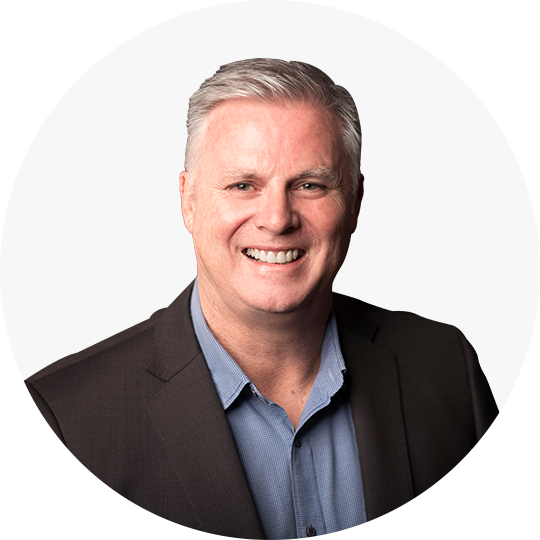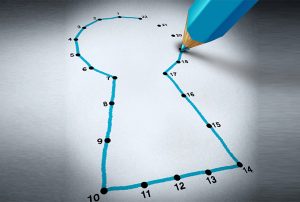The demands of building a business, managing a team, leading an organization, running a family, or just having time for yourself are constant. There are always goals to set, plans to implement, and problems to solve in order to make our vision of success a reality. It can be exhausting and overwhelming. For the most part, we feel like we are balancing the competing priorities of our home and work life well. However, there are times when we can feel our capacity is being stretched to the point where we cross over from positive to negative stress.
Negative stress can look like getting irritated quickly when driving, or not being fully present with your partner or children as your mind is busy solving work-related problems. You may not have any energy left to invest into physical activity, or a hobby that was once enjoyable. More than this, we often turn to unhealthy coping behaviors to combat the negative stress – drinking more alcohol, comfort eating, and sleeping or exercising less. Although hard work is good – and necessary for achieving our goals, constantly working beyond our capacity can have consequences not only for us, but those we work with and our most important relationships.
In a systematic analysis of work-related health issues from 194 countries, the World Health Organization and the International Labour Organization found that those who work long hours are at higher risk of heart disease and stroke as a result of cumulative stress1. So, what do we do when there are pressing tasks and not enough hours in the day? The answer, clearly, isn’t working more.
Work smarter not harder
It’s tempting to think that if you put in more hours now, it will free you up later down the road to concentrate on what’s important. Many people don’t realize, until it’s too late, that the investment of time and energy into working longer or harder doesn’t lead to the outcome they were hoping for. Often, we find relationships and families are disconnected, friendships have lapsed, and our health is compromised. Rather, the inverse is truer – that when we invest in the people and things that bring energy, connection and life, our capacity for sustained success is greater.
Rather than giving what’s left over to what’s most important, you can draw energy from what’s most important to drive focus and momentum in your work.
In his book Effortless: Make It Easier To Do What Matters Most, Greg McKeown says “it doesn’t help that our culture glorifies burnout as a measure of success and self-worth”. So, when it’s physically not possible to work harder, it’s time to find a different path. That different path is not better time management, but better management of our energy.
“The more depleted we get, the more return on our effort dwindles. This cycle can continue until we are burnt out and exhausted and still haven’t produced the results we really want.”2
It’s important we reframe our thinking. Rather than creating general work/life balance where we focus on giving equal time to both work and play, it’s about intentionally prioritizing connection with the most important things, and then using the energy gained from that connection to fuel your focus and build momentum that is sustainable. It’s not about eliminating important tasks but redistributing the limited resources of motivation and effort to what brings a greater return.
What’s the bottom line?
If you’d like to transform the outcome of your hard work and see a valuable return on your investment of time and effort, consider what or who is your greatest source of energy. Rather than take away from your capacity to succeed, investing in what matters most will increase it and be the fuel for sustainable performance.
What is one source you can connect with today that will inject renewed energy and focus into what you want to achieve?
1 Pega, F., et al. (2021). Global, regional, and national burdens of ischemic heart disease and stroke attributable to exposure to long working hours for 194 countries, 2000–2016: A systematic analysis from the WHO/ILO Joint Estimates of the Work-related Burden of Disease and Injury. Environment International, 154, 106595.
2 McKeown, G. (2021). Effortless: Make It Easier to Do What Matters Most. Currency.




